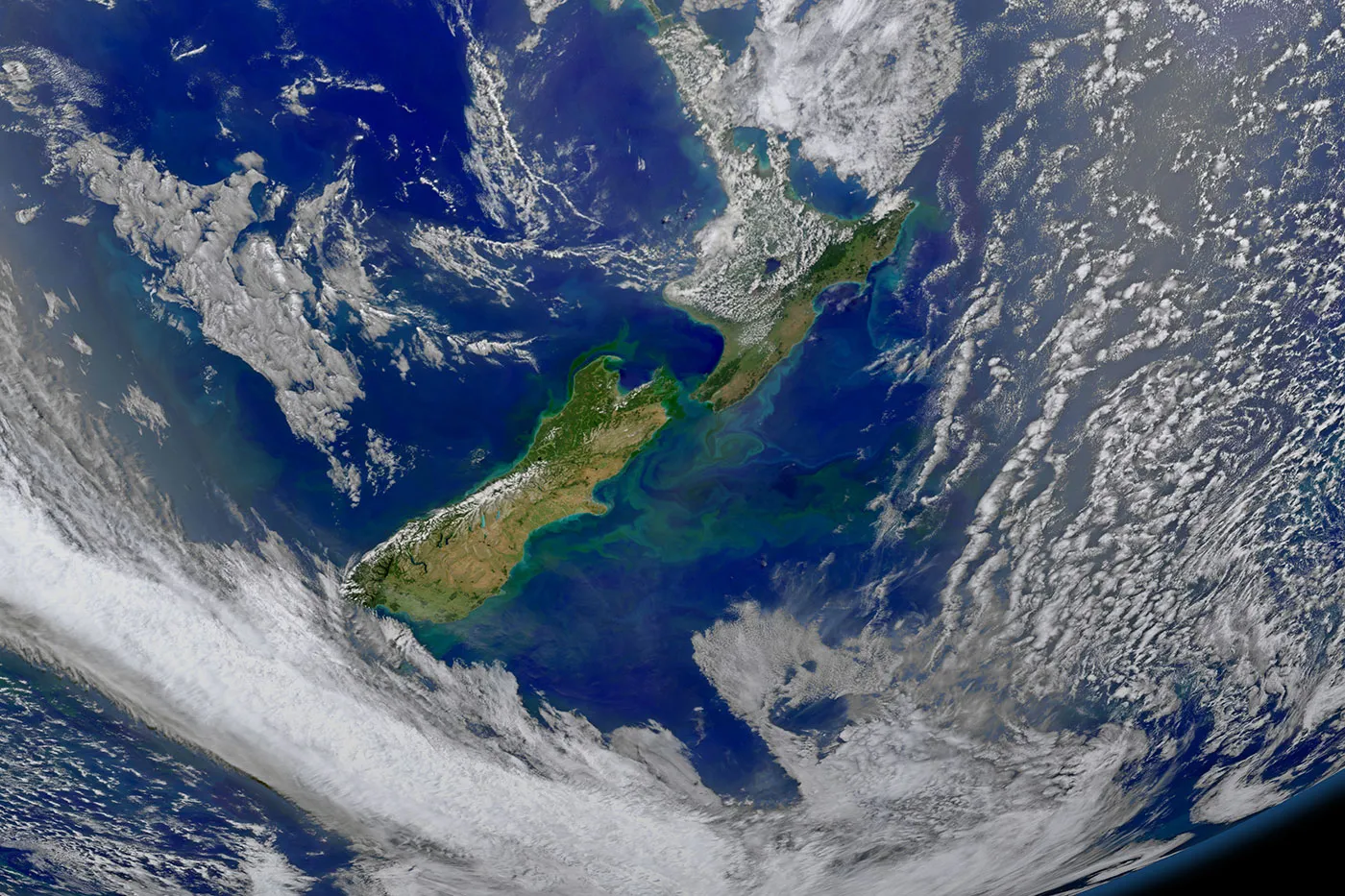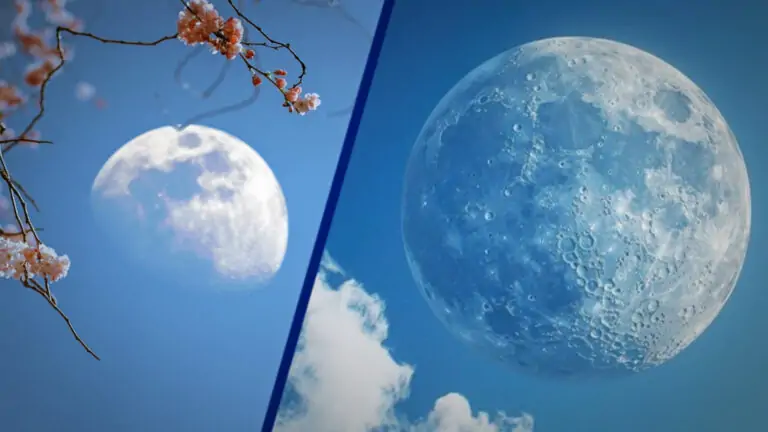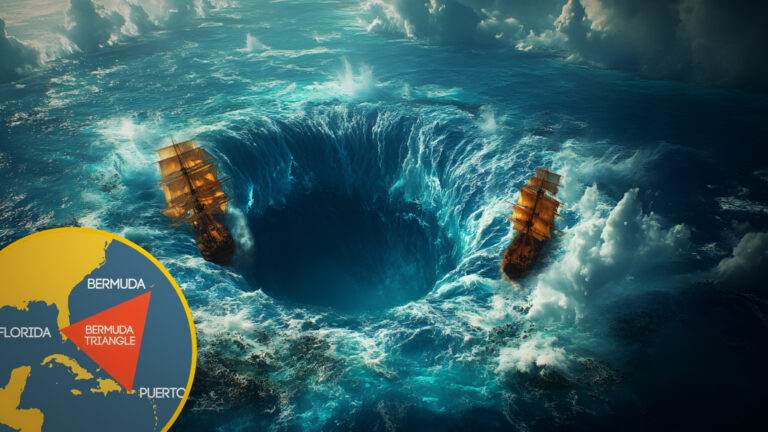Could Earth Get an Eighth Continent and New Ocean Sooner Than We Think?

Scientists are making a bold prediction: Earth could soon have an eighth continent. While this might sound like something from the distant future, the process is happening much faster than expected. Located off the eastern coast of Africa, a massive gap between tectonic plates is widening, and it could eventually lead to the creation of a new continent—and possibly a new ocean.
The Rift That Could Split Africa
Back in 2005, a major geological discovery was made in Ethiopia’s desert: a 35-mile-long fissure. This crack, which continues to widen by 6-7mm each year, is the result of tectonic plates slowly pulling apart. Specifically, the Somali and Nubian plates are drifting away from each other, causing this rift to grow. As tectonic plates shift, they cause natural events like earthquakes and volcanic eruptions. Over time, this slow-motion process could create an entirely new landmass, effectively forming Earth’s eighth continent.

Credits: Getty stock images
The rift runs through several East African countries, including Ethiopia, Somalia, Kenya, and Tanzania. Experts have long predicted that it would take tens of millions of years for the rift to fully develop into a separate landmass, but Professor Ken Macdonald of the University of California believes it could happen in just one to five million years—a much shorter timeline than initially thought.
What About the Ocean?
Along with the potential for a new continent, experts like Macdonald also predict the formation of a new ocean. As the rift continues to widen, water from the Indian Ocean would eventually flood the East African Rift Valley, creating an ocean as deep as the Atlantic. While this process is happening at a very slow pace—about the rate at which your toenails grow—it’s still significant.
In the next few million years, we could see a dramatic change in the landscape of Africa and the surrounding seas. “In the human lifespan, you won’t see many changes,” says Macdonald. “You’ll be feeling earthquakes, you’ll be seeing volcanoes erupt, but you won’t see the ocean intrude in our lifetimes.”

When Could This Happen?
While the earth changes may seem slow, scientists are watching closely to track the progress of the rift. The separation of the Somali and Nubian plates could one day result in an entirely new landmass, and in a million or so years, Africa could have a completely different shape. However, these geological shifts will take a long time to fully develop. Even with the accelerated pace of the rift’s growth, the new continent won’t emerge for several million years, far beyond our lifetimes.
The Future of Eastern Africa
Geologist and ex-NASA consultant Alexandra Doten explains that Eastern Africa will likely become its own continent after the split, driven by the ongoing movement of the Somali plate. As this plate continues to drift eastward, a massive rift valley forms, with some of the world’s largest lakes—like the African Great Lakes—already acting as physical evidence of this separation. These lakes hold a significant portion of the planet’s freshwater and are home to a wide array of fish species.
As the earth rifting continues, a new ocean could form, with the northern part of the rift likely to see the first signs of water intrusion. Professor Sarah Stamps notes that the fastest movement is occurring in the north, making it the area most likely to experience changes first.

Credits: Getty stock images
Conclusion: A Geological Wonder in the Making
While the idea of Earth’s eighth continent might sound like science fiction, it’s rooted in real geological processes that are happening right now. The slow separation of Africa could one day give rise to a new landmass, complete with a new ocean. Though we may never see it ourselves, it’s a fascinating reminder of how dynamic and ever-changing our planet truly is.






